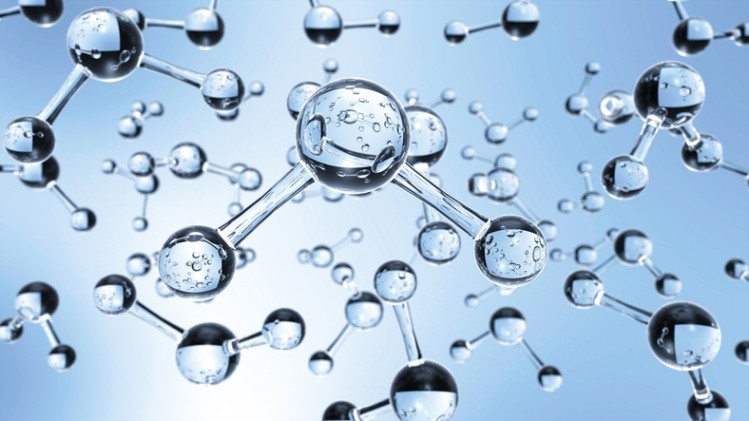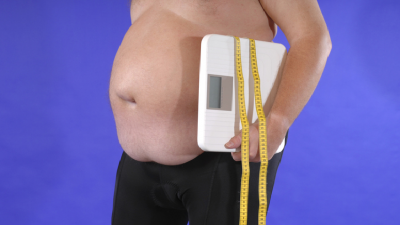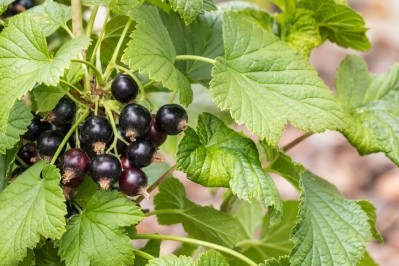Premature but promising? Researchers say hydrogen shows potential as novel antioxidant in sports nutrition

Animal studies have shown inhalation of H2 gas helped decreased oxidative stress and suppressed brain injury caused by ischemia and reperfusion injury.
In humans, H2 is being studied on diseases such as cancer, diabetes, cerebral infarction, and Alzheimer's disease, but little is known regarding its effects on healthy subjects and exercise.
Unlike conventional antioxidants, H2 is a gas molecule that can penetrate the cellular membrane and rapidly diffuse into organelles such as mitochondria. In addition, H2 can be supplied through multiple routes of administration, and excreted through exhaling with minimal side effects.
In this study, researchers in Japan detailed six human studies, exploring the effect of H2 on exercise and its applicability.
Because its effectiveness and long-term effects have not been fully demonstrated, researchers say it is premature to conclude its usefulness.
However, they believe H2 may be a potential alternative strategy for conventional antioxidant interventions in sports nutrition.
In the six studies, there were two studies on oral intake of H2 water, two studies on H2 bathing, one study on intravenous infusion of H2-saline, and one study on the inhalation of H2 gas.
Practical or invasive
According to researchers, oral intake and bathing were the most practical and safest intake for daily life and in the sports field.
Previous studies have reported low effectiveness of H2 water intake against exercise-induced oxidative stress and inflammation in both humans and animals. In H2 bathing, weekly bathing was found to alleviate delayed-onset muscle soreness (DOMS).
Compared to intravenous infusion of H2-saline and H2 gas inhalation, which were able to rapidly supply a large amount of H2 into the body, oral intake and bathing were unable to reach the same concentrations.
Studies reported that inhalation of 2% H2 gas while treadmill running could suppress inflammatory biomarkers in rat plasma immediately and after exercise.
Future directions
Although the effectiveness of oral intake of H2 water and H2 bathing has not been demonstrated, researchers believe that there is further potential to study its use as an antioxidant in sports nutrition.
They cited some papers which reported changes in H2 concentration after H2 water intake and H2 bathing. In both methods, H2 concentration peaked in vivo between 5 and 10 minutes and then returned to baseline values by 60 minutes.
However, they cautioned that most of the antioxidant and anti-inflammatory effects of H2 intake had been observed only in animals, and these effects have not been confirmed in humans regardless of the administration route.
More research should be done to establish an optimal H2 intake, timing, concentration, dose, and frequency, they concluded.
Source: Oxidative Medicine and Cellular Longevity
https://doi.org/10.1155/2020/2328768
“Application of Molecular Hydrogen as a Novel Antioxidant in Sports Science”
Authors: Takuji Kawamura, et al.



















